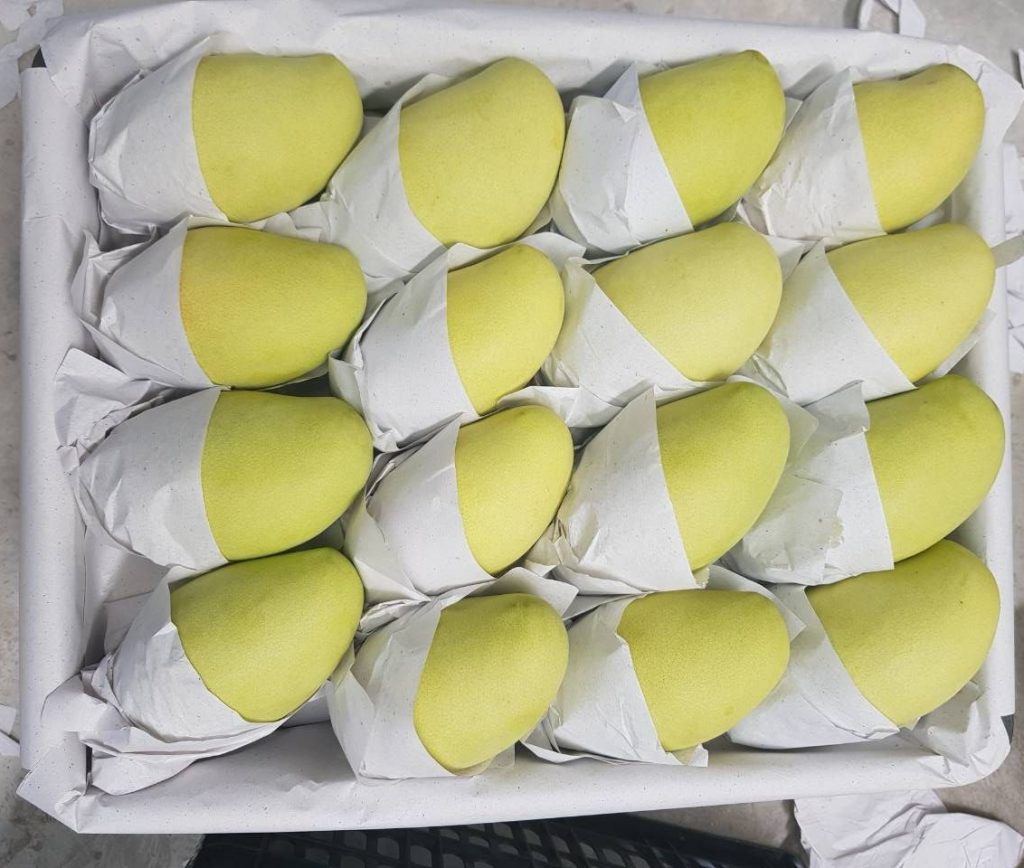
Progress updated on fresh mango exports to China
Sok Chan / Khmer Times
A meeting between a working group of relevant Cambodian and Chinese officials to discuss and assess Cambodian exports of fresh mango to China was held virtually via video conference yesterday according to Veng Sakhon, Minister of Agriculture, Forestry and Fisheries. This update was released in an announcement by MAFF that was also posted on the minister’s Facebook page on Wednesday.
The update said that the working group consisted of officials from the General Directorate of Agriculture at the Ministry of Agriculture and the General Administration of Customs of the People’s Republic of China.
Cambodia and China signed a protocol on the phytosanitary requirements that would enable fresh mango exports in June 9, 2020. Until now though, Cambodia has yet to be able to export fresh mango to China, with the exception of test shipments that were part of the assessment process of phytosanitary standards. As reported by Khmer Times on December 17, official exports of Cambodian fresh mango to China were slated originally to commence between January or February of 2021.
between January and February this year. The minister explained that the main reason for the delay was related to obligations Cambodia is required to fulfill by China in addition to the original Phyto Sanitary Protocol. These include requirements related to human health protections covered in China’s food safety standards.
The MAFF report announced that notification has been received from China that virtual inspections of the registered mango firms would be conducted and finished by the second week of March. Details on next steps in the export approval process following the virtual inspections have yet to be released.
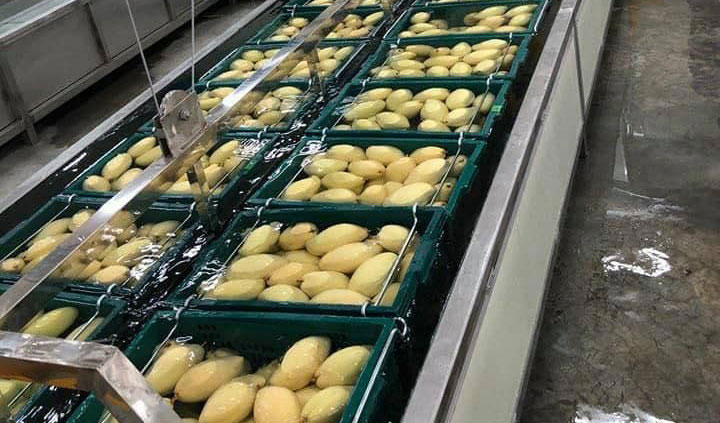
Cambodia and China signed a protocol on the phytosanitary requirements that would enable fresh mango exports in June 9, 2020. Until now though, Cambodia has yet to be able to export fresh mango to China, with the exception of test shipments that were part of the assessment process of phytosanitary standards.
Mango farms, packaging, cooling warehouse and SPS treatment plants must register with MAFF and be recognised by China’s General Administration of Customs. All registered documents must include the proper information including the name and address of the mango farm, as well as its farm code to enable tracing back to source prior to each season’s exports. This information must be provided by MAFF to China’s General Administration of Customs in advance of exports and verified by both parties.
The minister added that all mango farms must register to create and implement the Good Agriculture Practices (GAP) and other certificates needed to ensure the monitoring of the production chain. To maintain hygiene at the farms, damaged mangoes from the farms must be collected during the harvest and insect pest management (IPM) must be implemented. This includes the monitoring of the use of chemical or biological and mechanical measures.
Cambodia must also thoroughly monitor and inspect plantations during the planting and harvesting periods to ensure that any phytochemical composition or pests banned by China are under control.
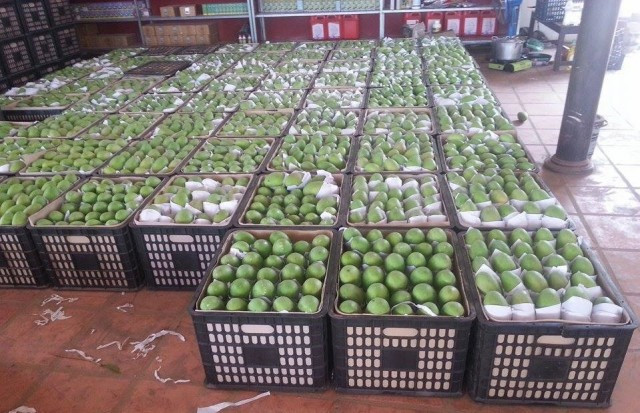
Mango farms, packaging, cooling warehouse and SPS treatment plants must register with MAFF and be recognised by China’s General Administration of Customs.
All registered mango plantations will be required to keep records of surveys, monitoring and control measures for pollutants and provide these records at the request of the General Administration of Customs of the People’s Republic of China. These records shall contain the name of the pesticide, the active ingredient, the date of use and the concentration of all pesticides used in each growing season.
All mango packaging and storage facilities must also establish a recall system so exported mangoes can be tracked. If the mango packaging is located separately from the heat treatment plant, the mangoes can be called back to the plantation through the processing plant.
(Source: https://www.khmertimeskh.com/50823381/progress-updated-on-fresh-mango-exports-to-china/)
